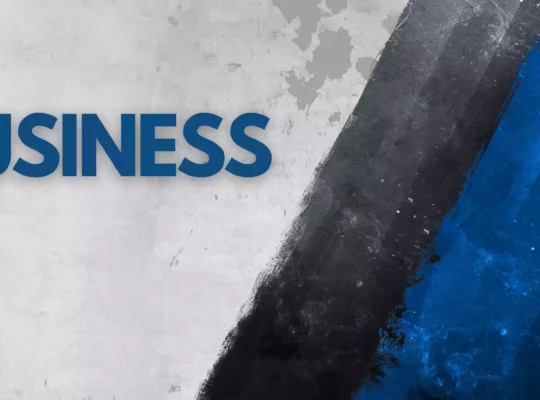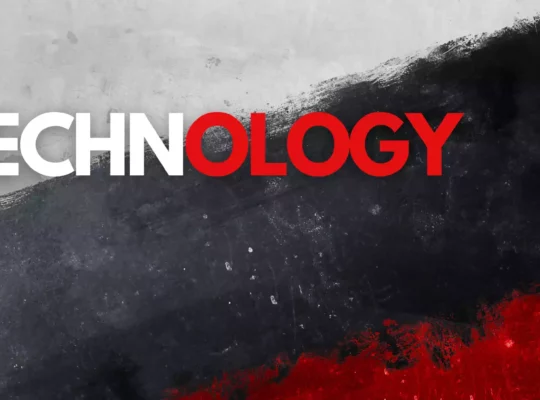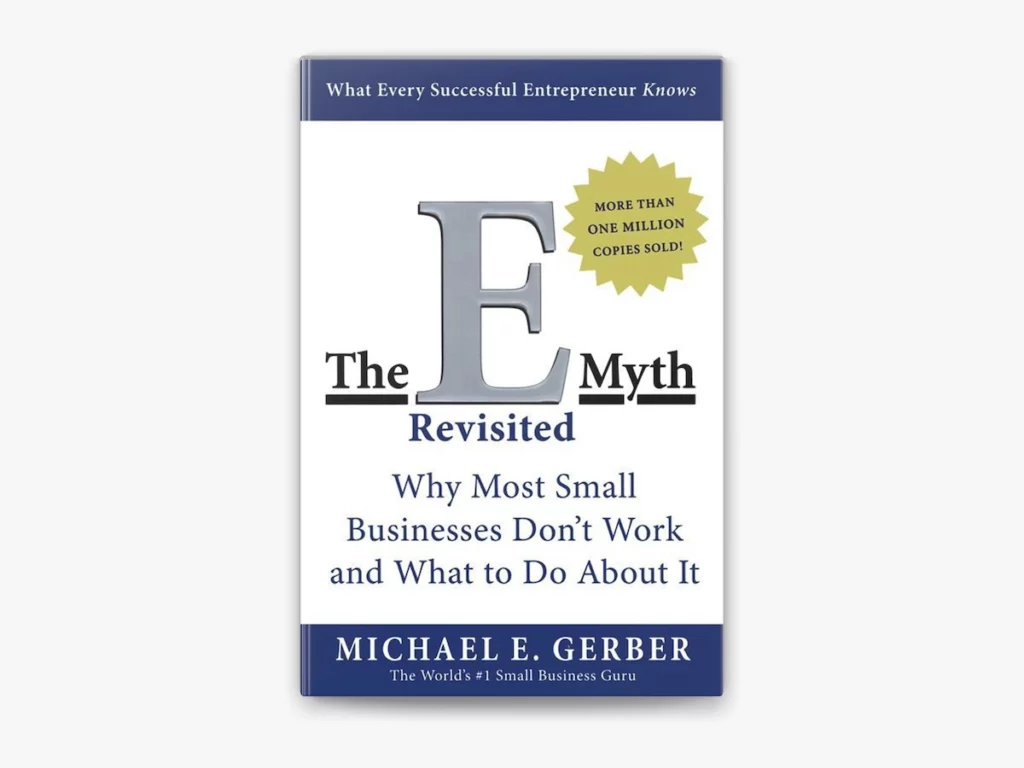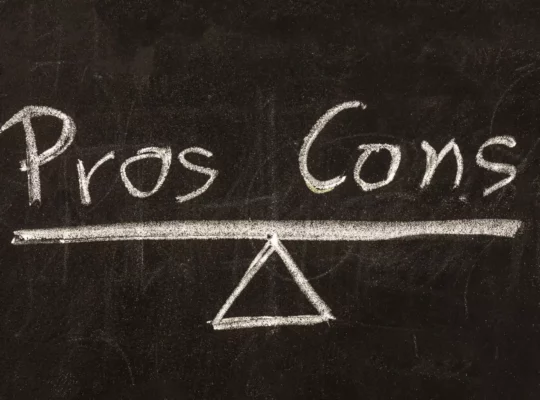Have you ever dreamed of leaving your job and becoming your own boss? Opening that café, roofing business, or consultancy you’ve always imagined? If so, you’re in good company. Many entrepreneurs start with the dream of creating something of their own, but as Michael E. Gerber reveals in his book The E-Myth Revisited, this dream often encounters a very different reality.
What is the "Entrepreneurial Myth"?
The “entrepreneurial myth” is the belief that people who start their own business are, by default, successful entrepreneurs. The truth is, many who start a business don’t do so because they have entrepreneurial skills, but because they are technicians who got tired of working for others. Pedro, a roofing expert, or Marta, a talented baker, don’t open their own business because they want to run a company, but because they believe that being good at what they do means they can handle everything else. And this is where the myth lies.

The Technician’s Trap
Gerber explains that many entrepreneurs fall into what he calls “the technician’s trap.” This happens when someone believes that because they are good at doing something (like baking cakes or installing roofs), they will automatically be good at running a business that does the same thing. In reality, running a business requires much more than technical skill; it requires a deep understanding of three essential roles:
- The Entrepreneur: The visionary, always looking toward the future and new opportunities.
- The Manager: The planner, organizer, the one who keeps the business running smoothly.
- The Technician: The doer, the one who actually performs the work.
What’s the Problem?
The problem is that most entrepreneurs get stuck in the role of the technician. Imagine Pedro, who has spent years working for a large roofing company and finally decides to launch his own business. As a technician, he’s excellent at his job; however, he quickly becomes overwhelmed by all the additional responsibilities: administration, accounting, marketing, social media, paying suppliers, taxes, rent, customer service… Instead of running his business, the business starts running him.
How to Change the Narrative?
This is where The E-Myth Revisited offers a roadmap. Gerber suggests that in order to succeed, entrepreneurs need to learn how to “work on their business, not just in it.” This means adopting a broader perspective: creating systems, delegating tasks, and not being afraid to think like a true leader.

A study from the Small Business Administration reveals that approximately 20% of small businesses fail in their first year, and about 50% fail within five years. One of the most common reasons is the lack of adequate entrepreneurial skills and the inability of owners to step away from their technical role.
Conclusion: Are You Ready to Break the Myth?
The “entrepreneurial myth” is not just a concept; it’s a call to all business owners to reflect on their role and approach. If you find yourself working more than 12 hours a day just to keep your business afloat, it might be time to step back and reconsider how you’re operating. Are you the technician who never stops working? Or are you ready to become the true entrepreneur your business needs?
In the upcoming articles, we will explore how you can balance the roles of entrepreneur, manager, and technician, create systems that allow you to scale, and avoid common mistakes that can lead to failure. So keep reading and discover how to break the entrepreneurial myth and achieve the success you’ve always dreamed of!



















